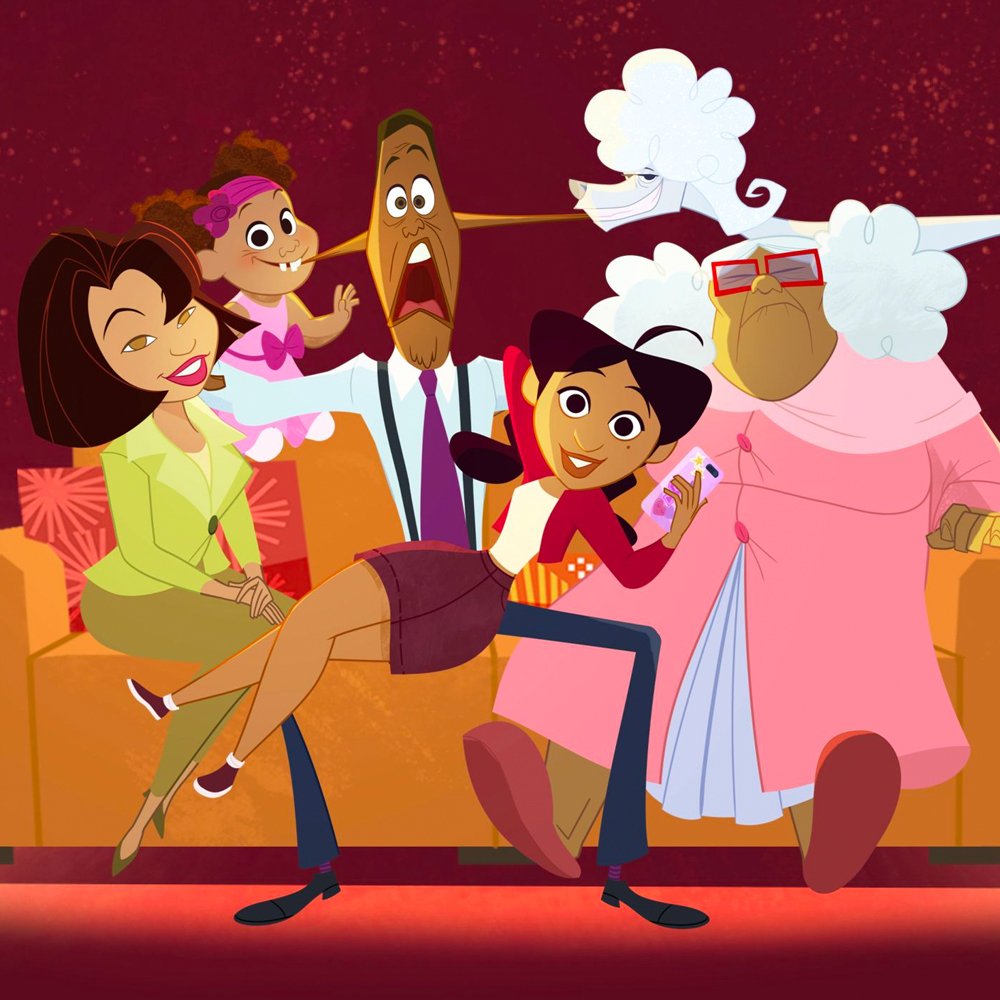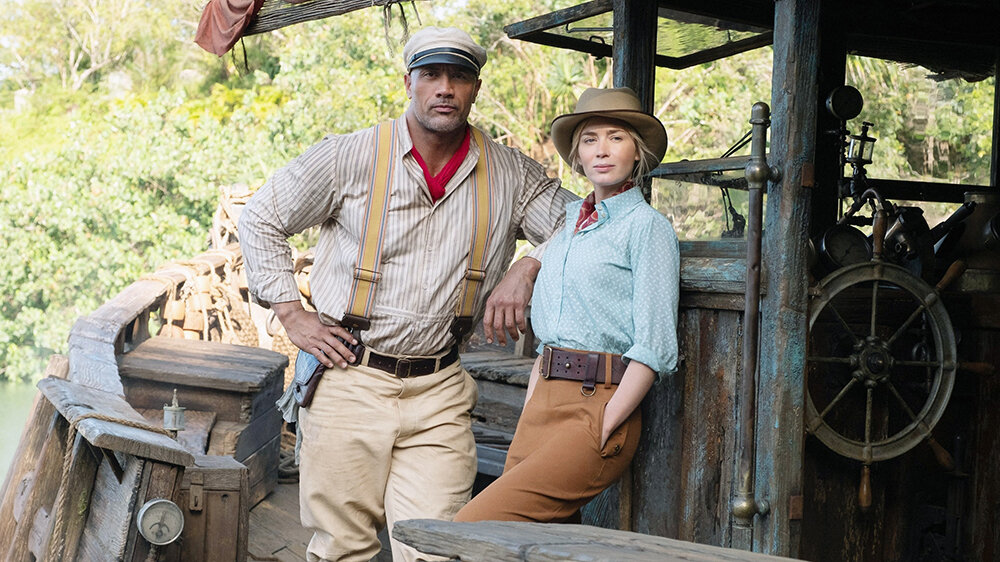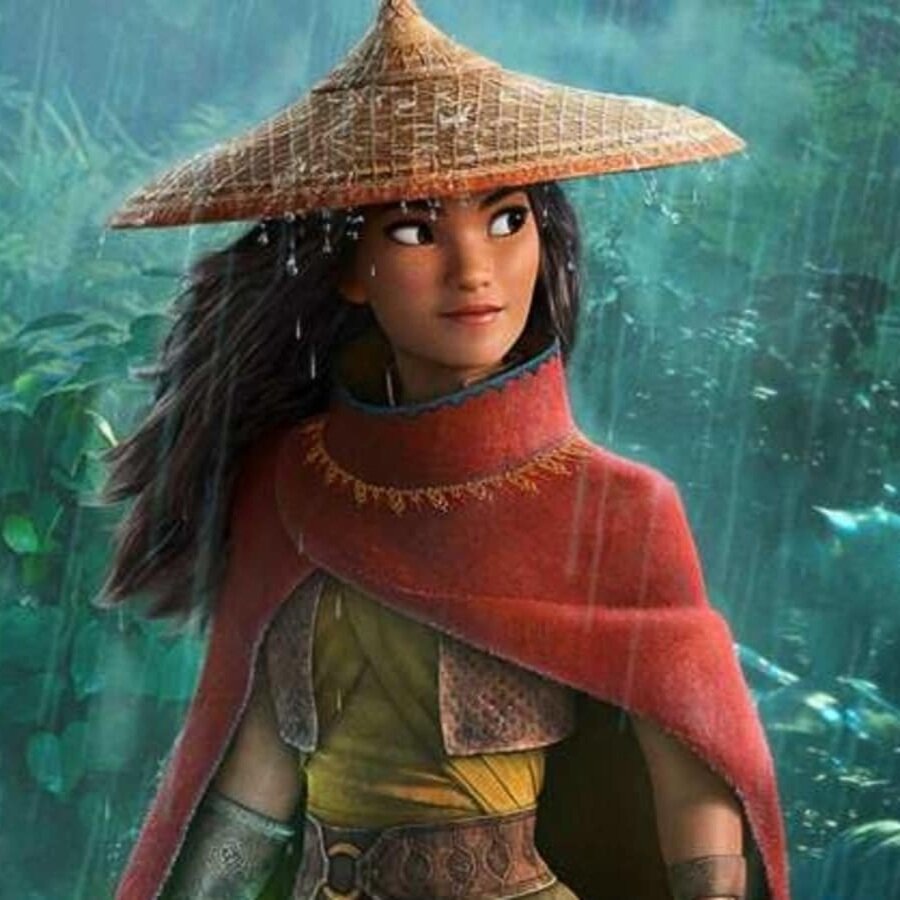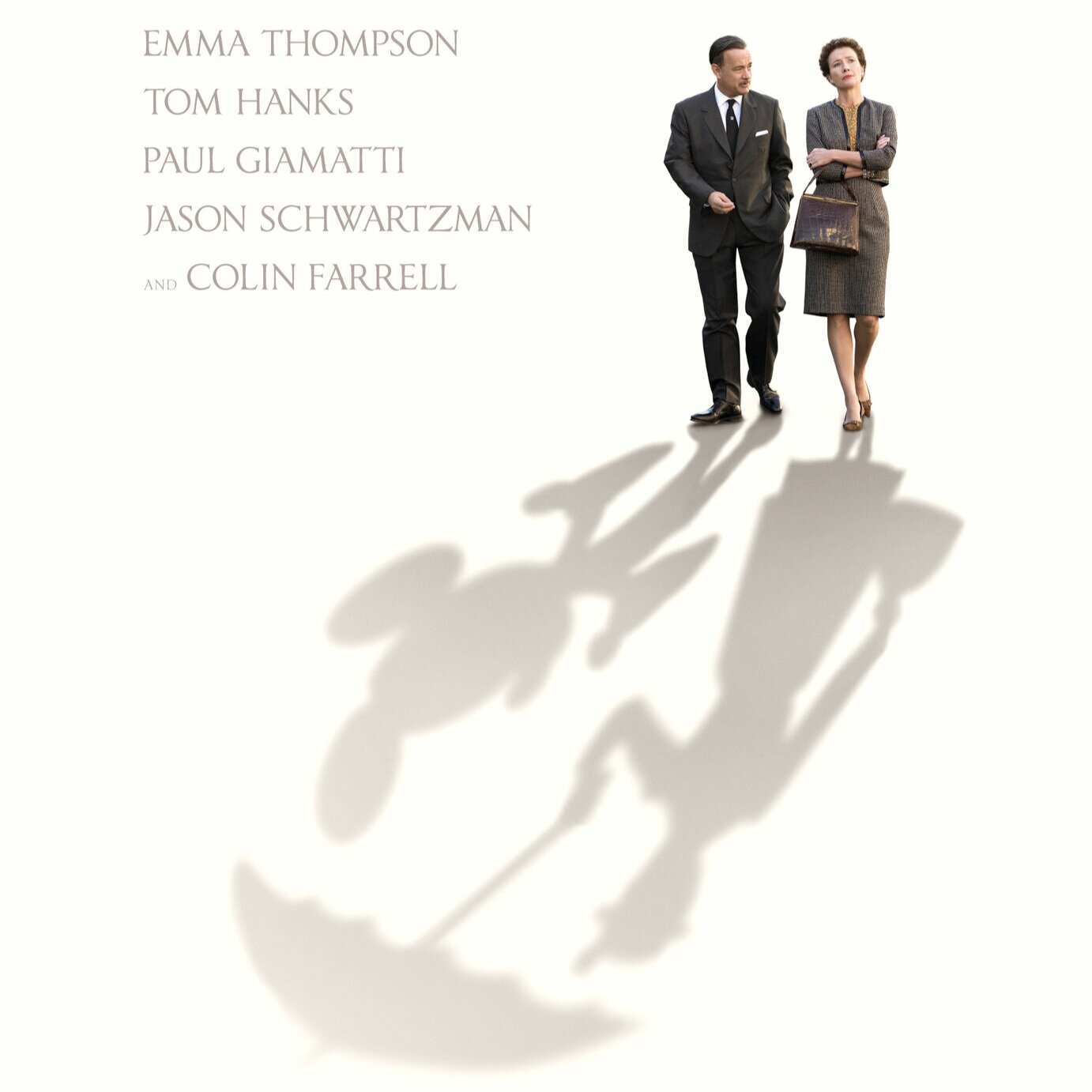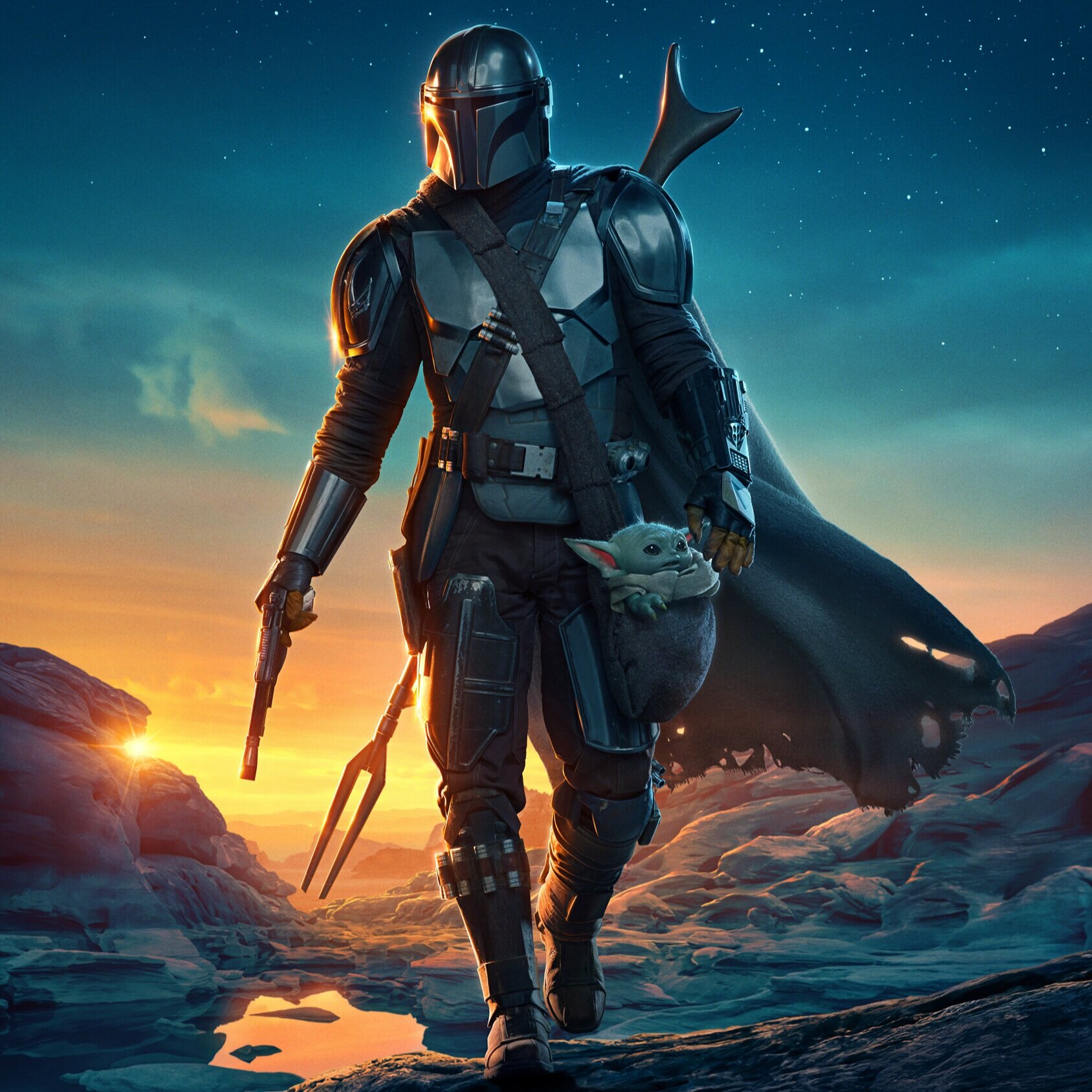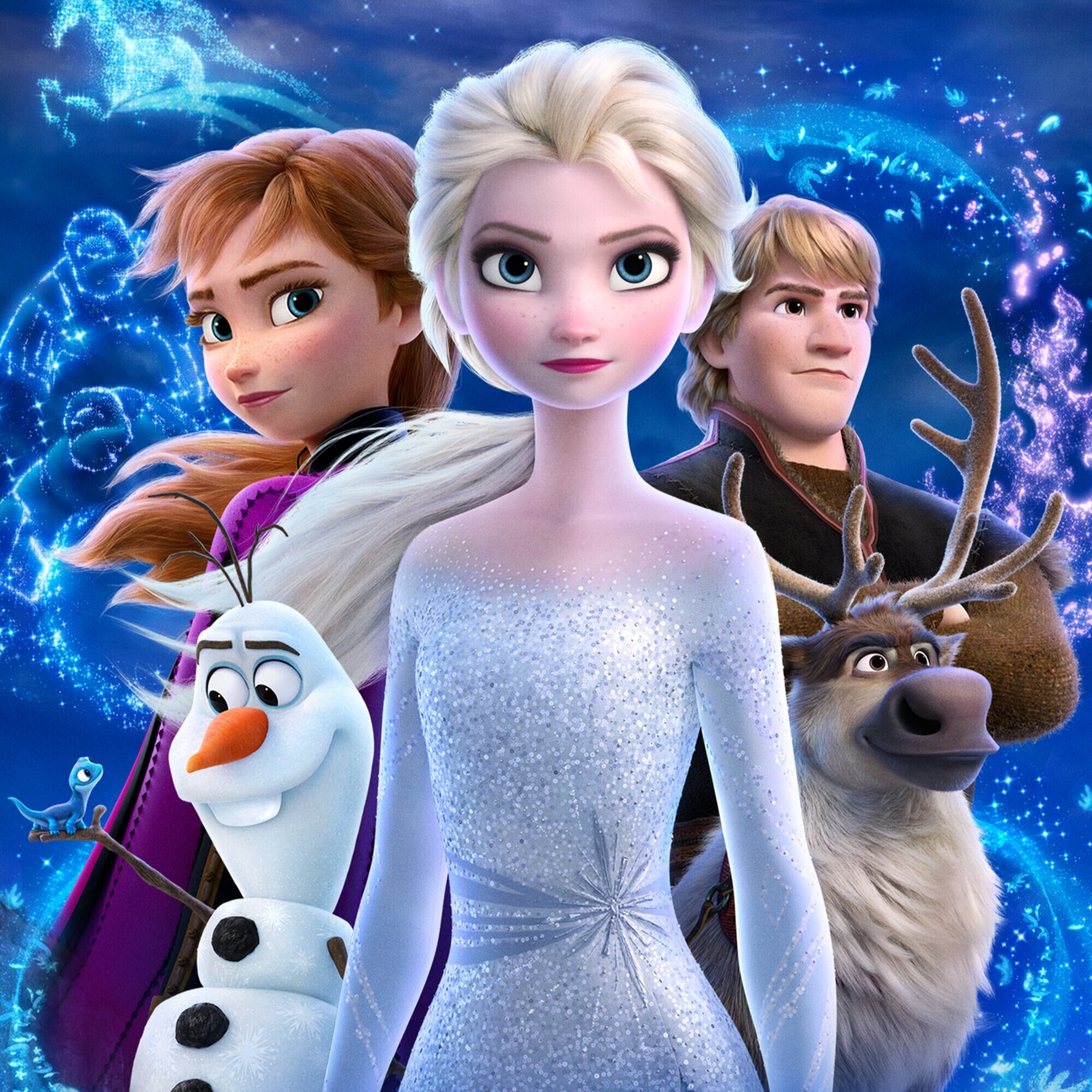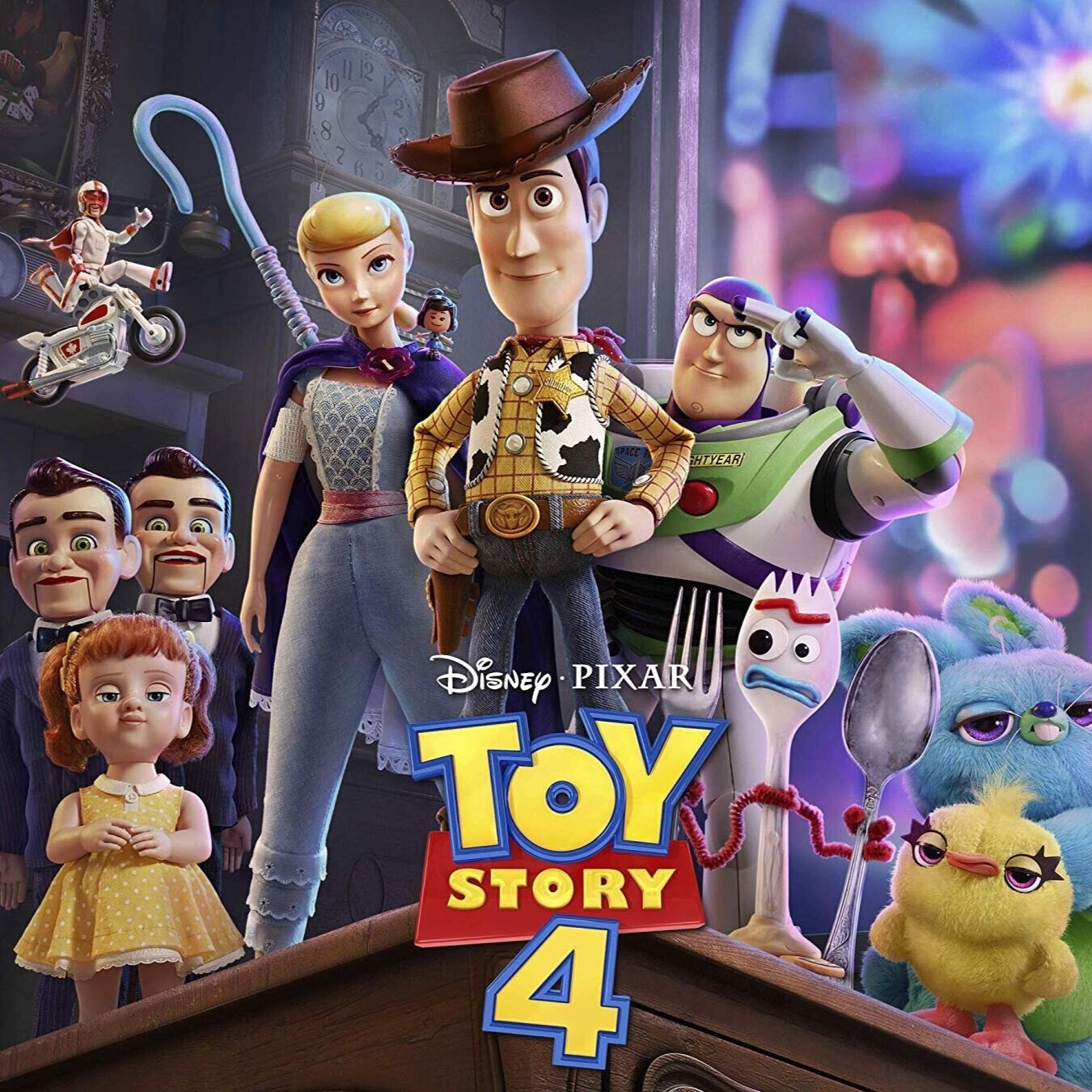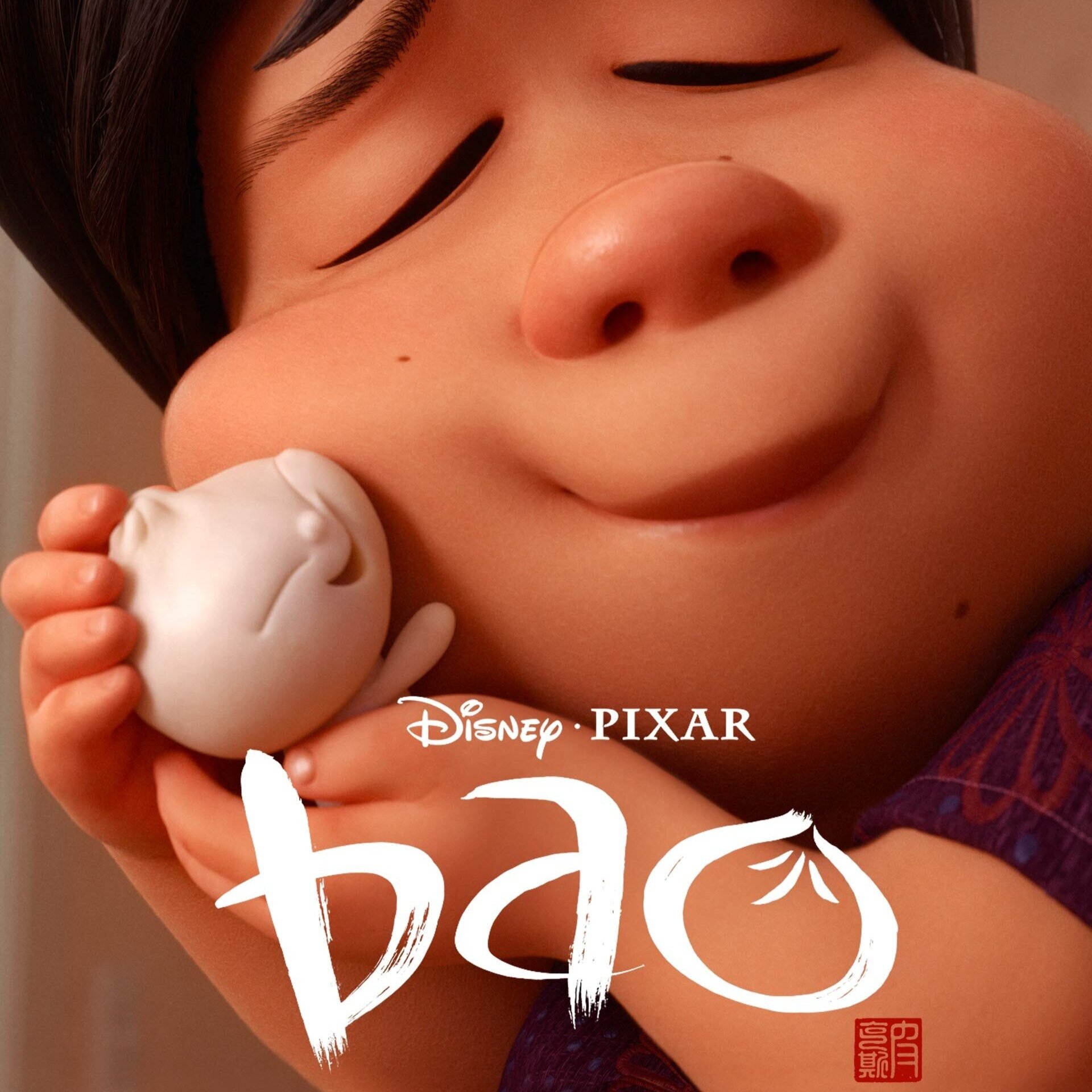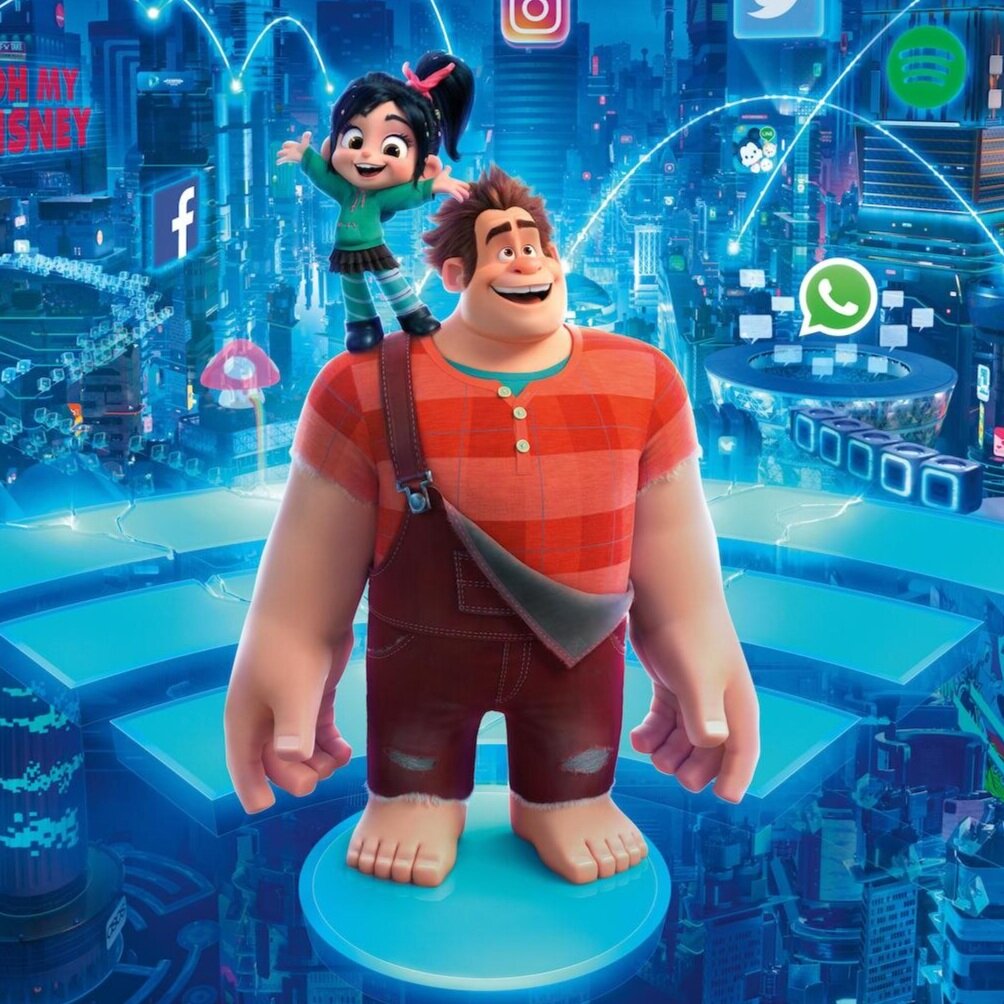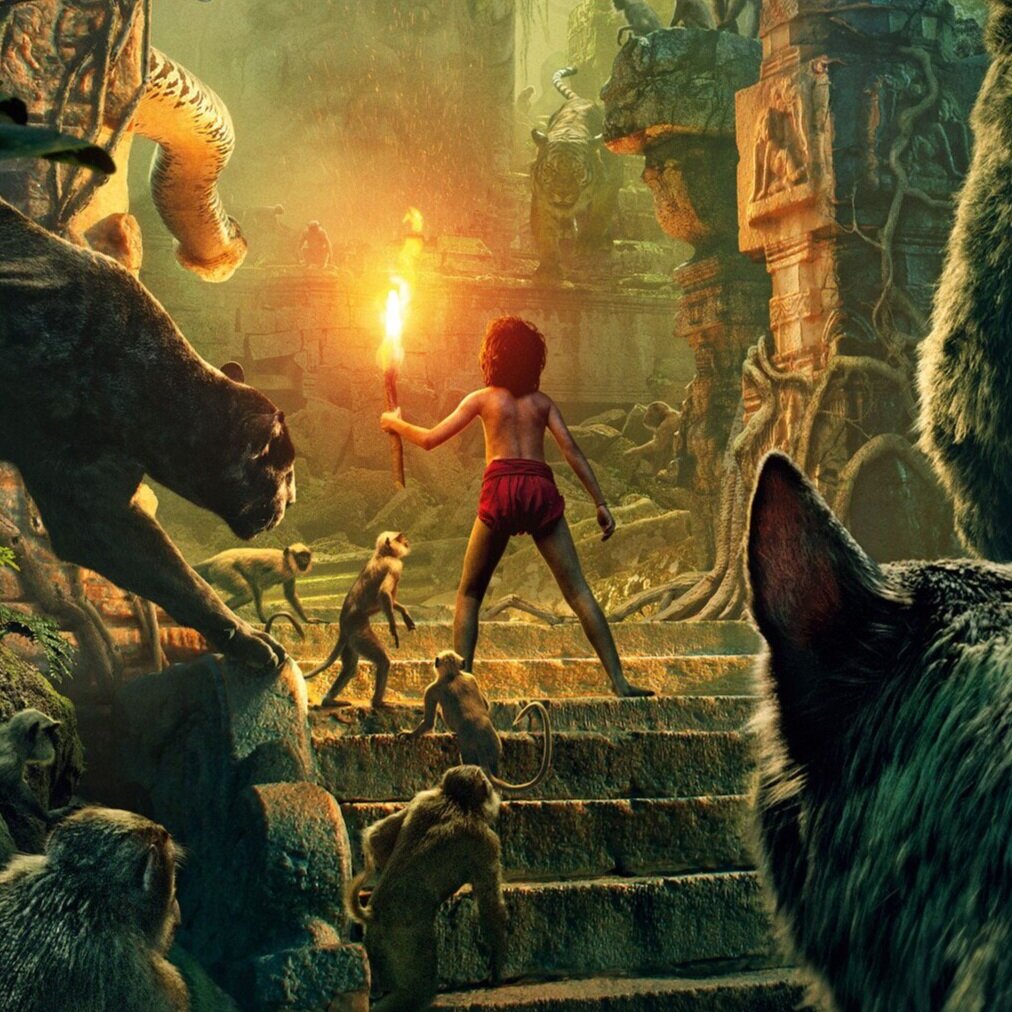Review: The Jungle Book
Director Jon Favreau's Jungle Book is surprisingly refreshing, original, and lovingly reconstructive, while still true to the 1967 animated film. Impressive voice acting and realistic visuals made the classic story come to life- even when the plot sometimes seemed irrelevant.
The Jungle Book opens with Mowgli (Neel Sethi) running speedily through the wilderness and the film is able to maintain the character's fast pace throughout its duration. Running is such a constant during The Jungle Book to the point of making you question how Mowgli has so much stamina. In children's movies, the constant eruption of peril and close escapes can become tiresomely repetitive, but as Mowgli is continually sucked into different dramas with an assortment of creatures, each episode serves a distinctive purpose. Mowgli is a strong and determined character throughout the film and each of his triumphs over nature, threats from other animals, causes subtle changes in his performance as the story progresses. Bookending the film is Mowgli's change from being overtaken to outrunning his friend and mentor Bagheera the panther (voiced by Ben Kingsley), effectively illustrating the main character's transformation.
Visually, the film is unparalleled; never have I watched CGI animals be integrated so seamlessly into a live-action film before. Usually, Disney and other kid's films tend to anthropomorphize animal characters, but The Jungle Book mostly strays away from giving into this trope. The reason why some of the creatures can speak English and why others cannot is never explained and seems to be a forgotten detail. The film gives some of the characters human attributes, but mostly makes the viewer feel as if they are seeing real animals in their natural habitat. This has the effect of emphasizing one of the movie's main themes: rather than having animals invade the human world as more commonly exhibited in film, Mowgli the human is out of place in the jungle.
Though the inclusion of "The Bare Necessities" and "I Wanna Be Like You" placated the childhood desire to hear the songs performed for nostalgia's sake, they mostly felt distracting and unnatural in a movie driven by realism. Though this might be a strange assertion to make about a film rife with talking animals, and thus it wouldn't be a stretch that they would also sing, King Louis' performance of "I Wanna Be Like You" felt like a forced tune more suited for your typical musical, while Bill Murray's quieter rendition of "Bare Necessities" was better integrated into the story, as it seemed normal that he would start to sing while lazily floating down the river.
Throughout the film, sometimes the origin of the plot seemed unclear: why did Mowgli have to keep running? At times it seemed that there was no other reason than Shere Khan (voiced by the perfectly evil sounding Idris Elba) inexplicably wanted him dead. However, Mowgli's personal journey and the way it's told on screen becomes much more significant than the plot vehicle of Shere Khan's revenge. The idea of the Red Flower and man's ultimate difference from animal was another intriguing driving force, but its constant repetition made it lose some of its power and novelty.
Need Sethi's ability to carry the film as the only human character is a highly impressive feat and the Jungle Book's successful reinterpretation of the classic film in a way that would have been impossible just five years ago is a testament to its place in the cannon of first-rate Disney films. With a second Jungle Book film just announced, it will be interesting to see where the franchise goes without the constraints of (even loosely) following the original film's plot.


